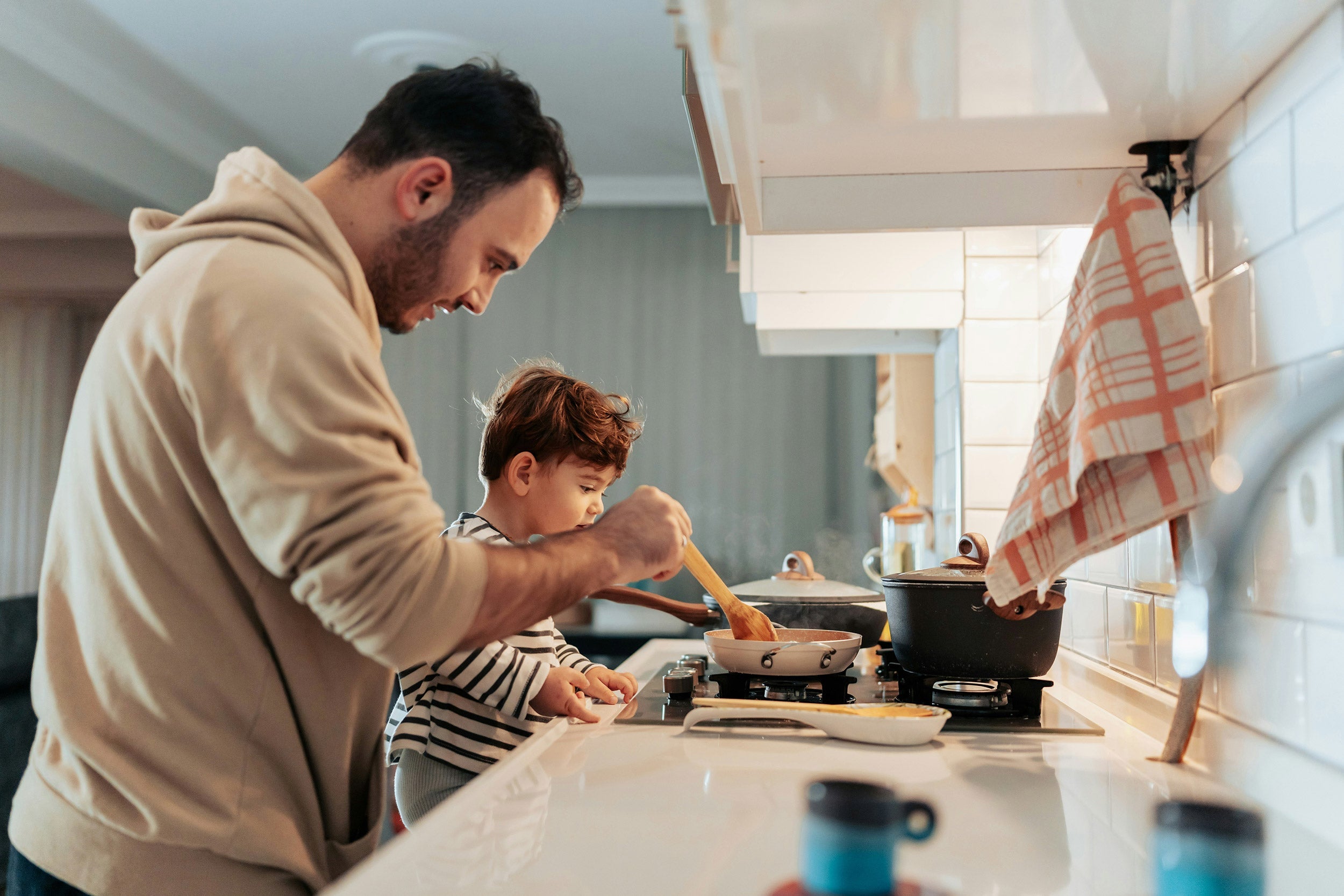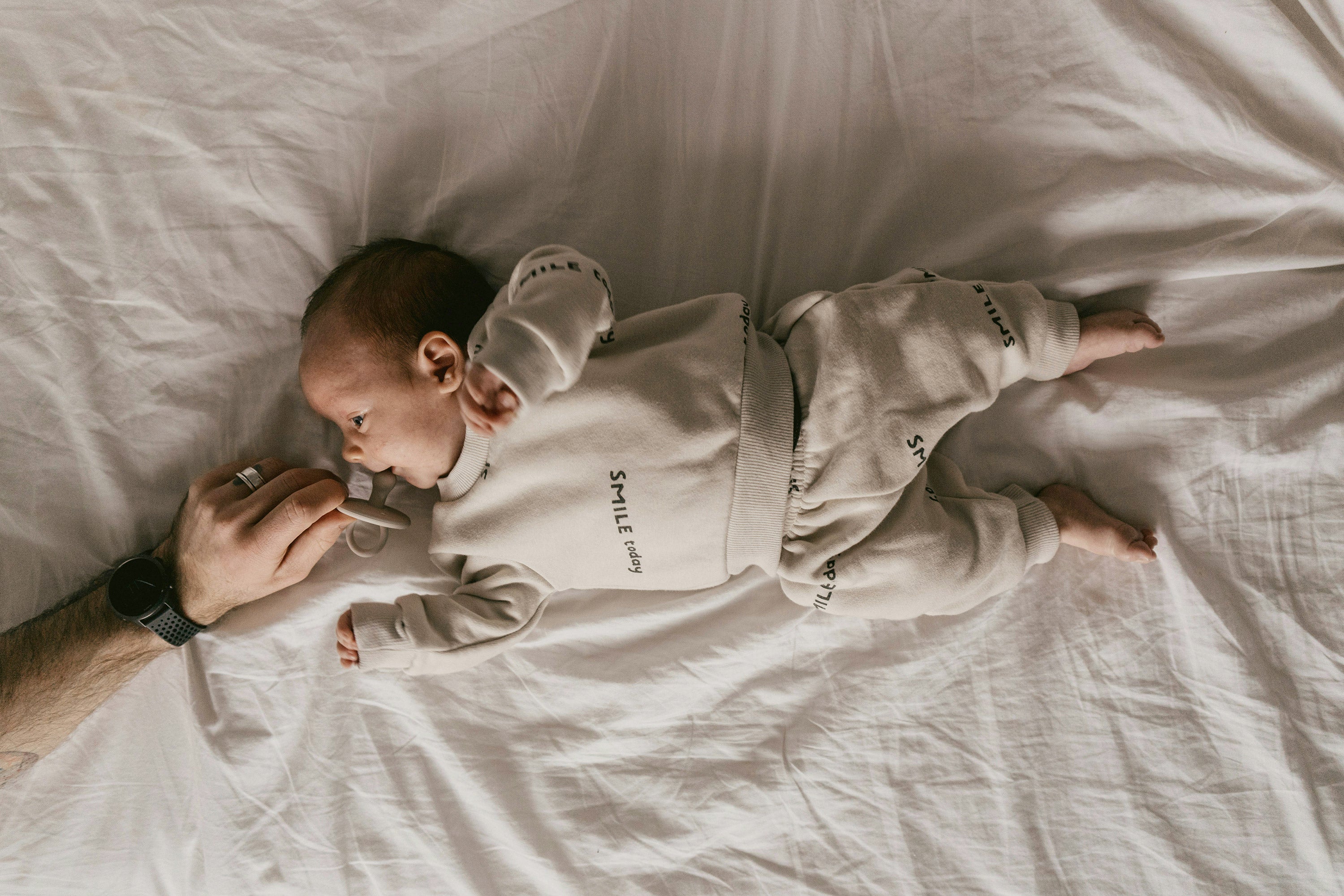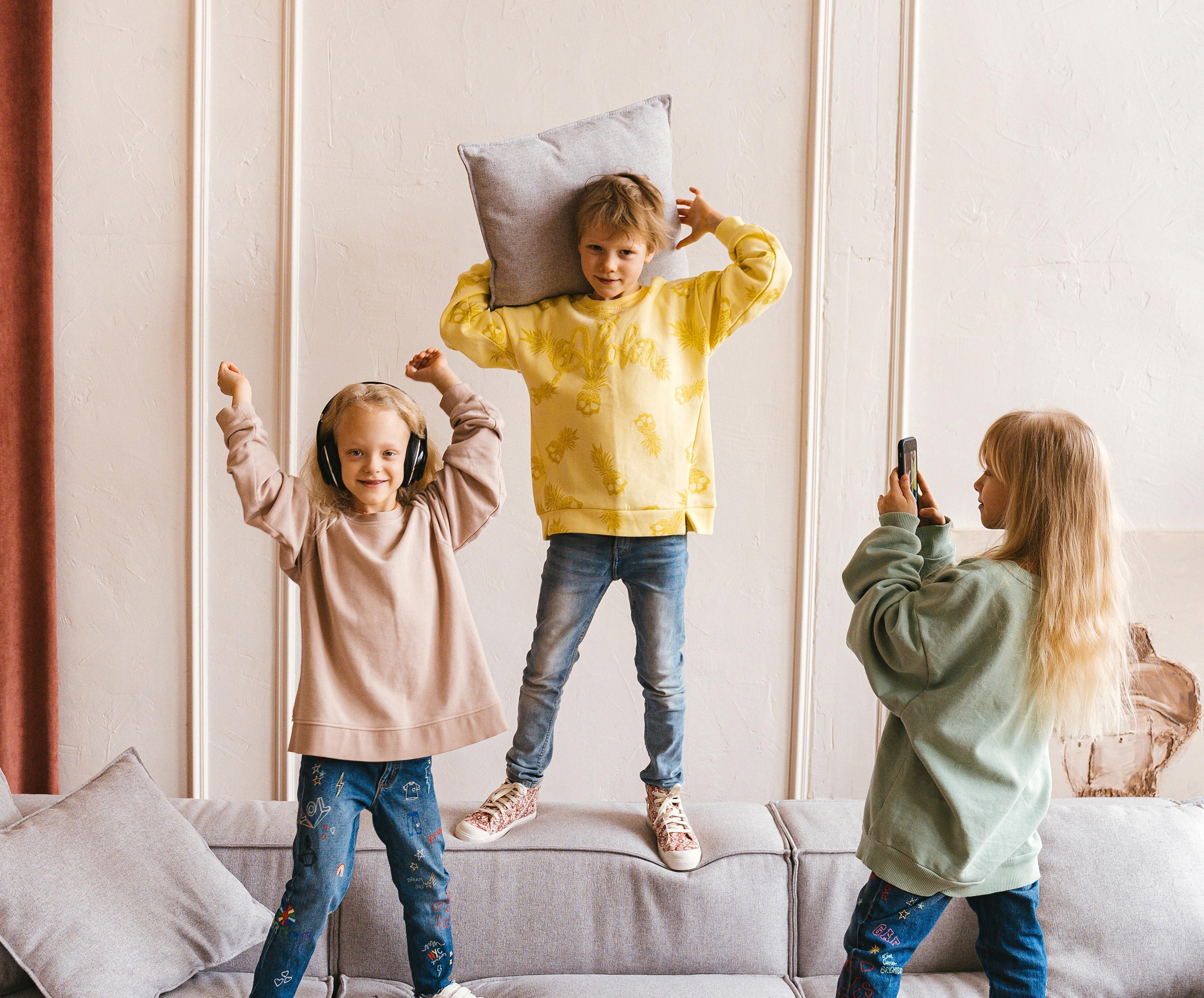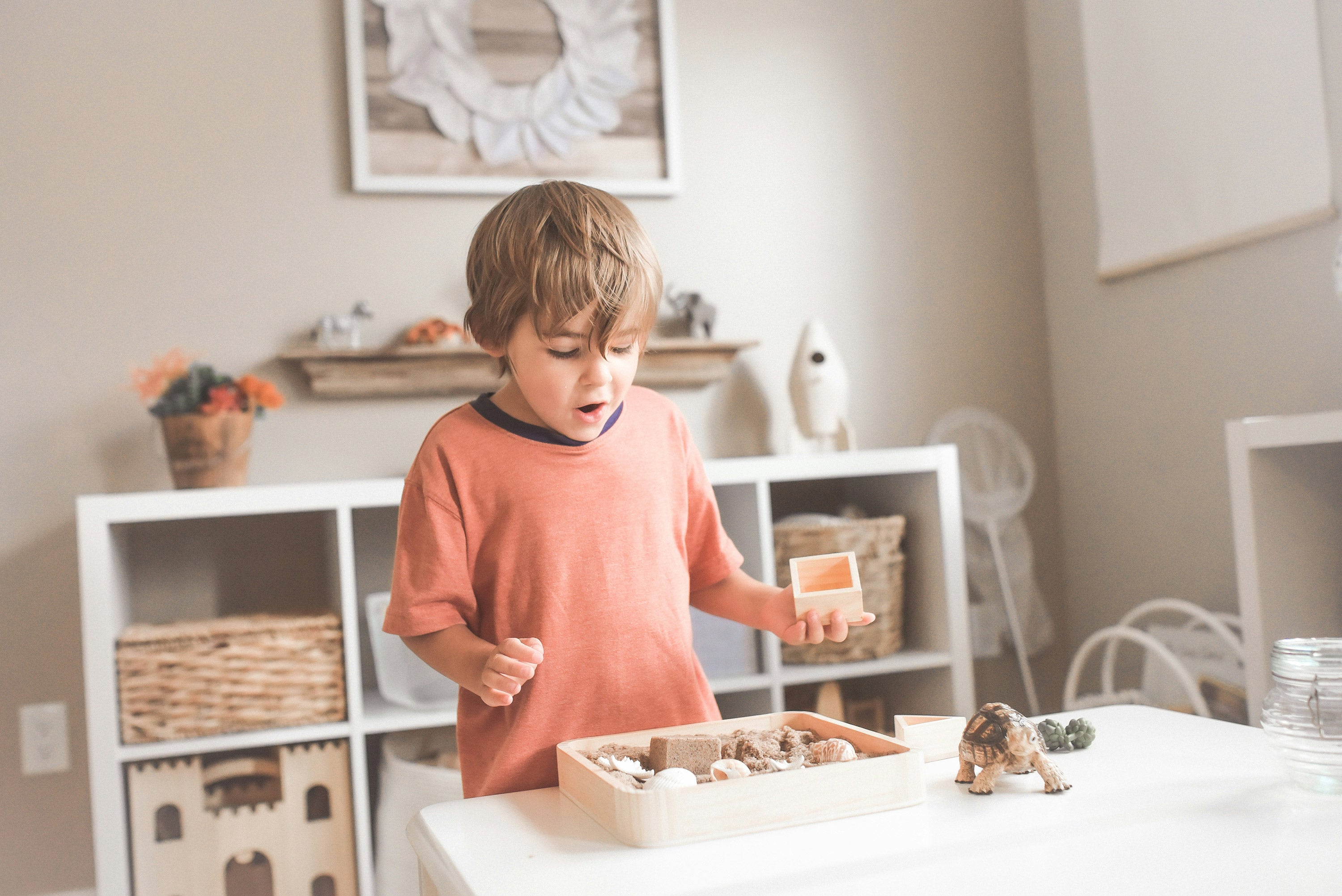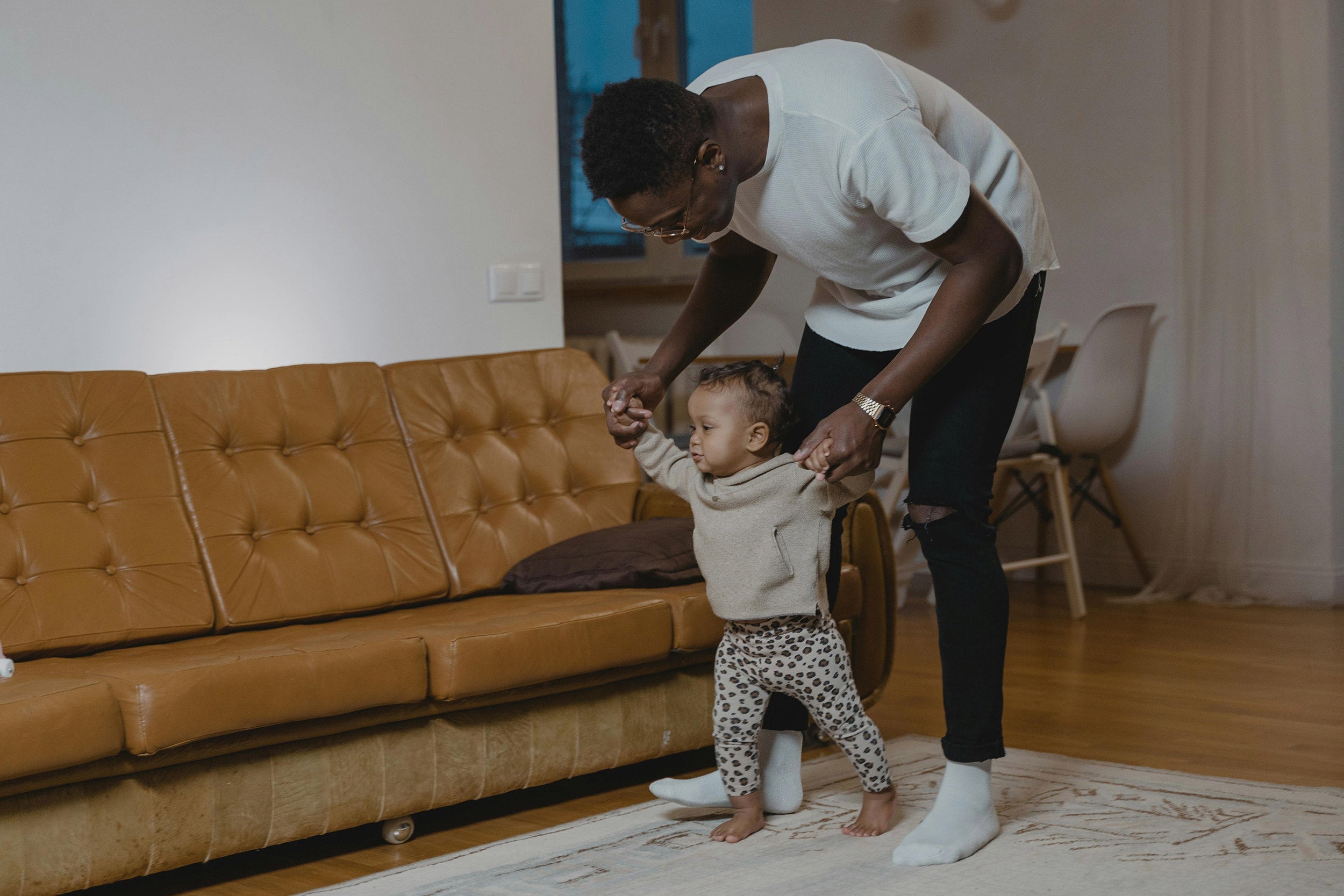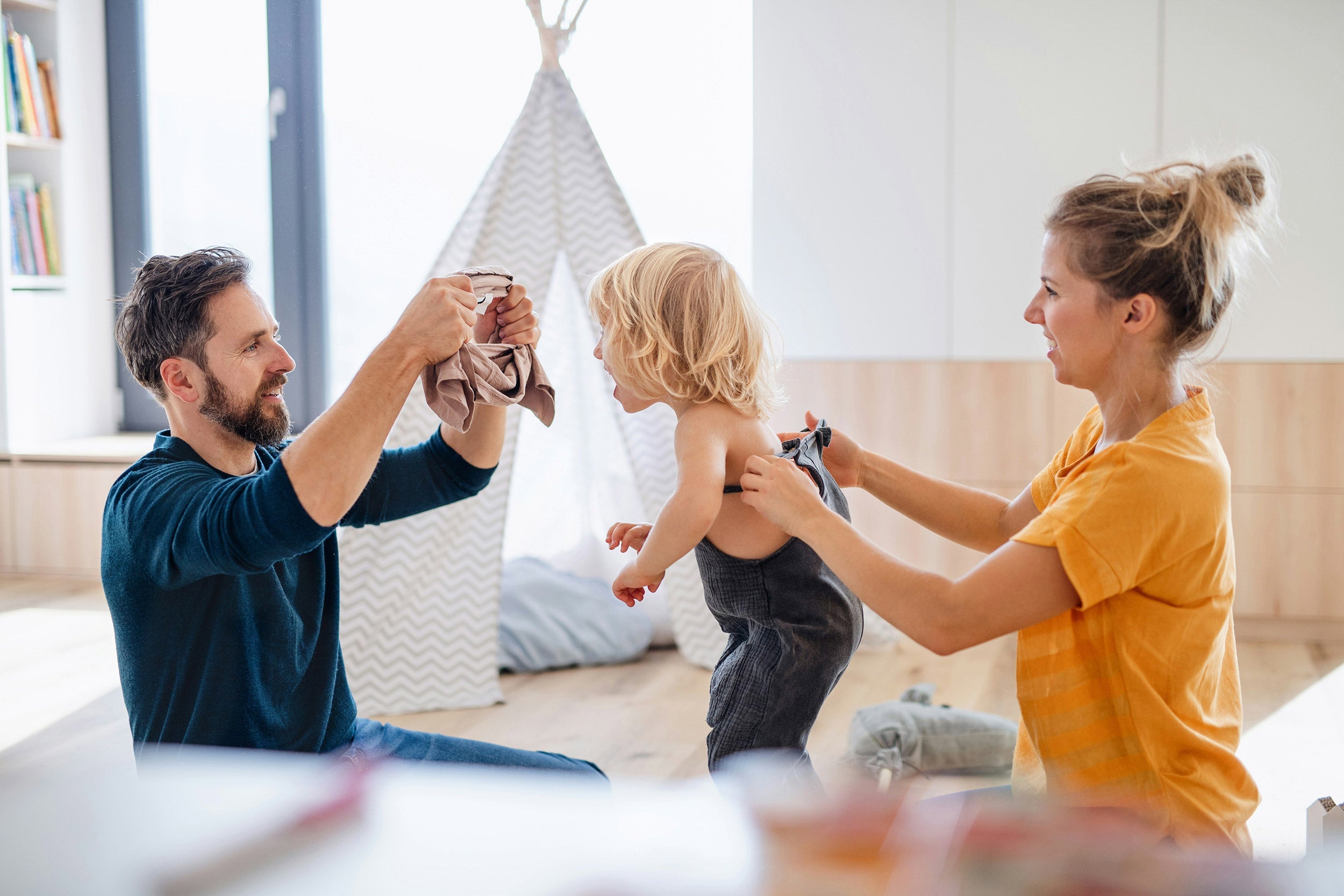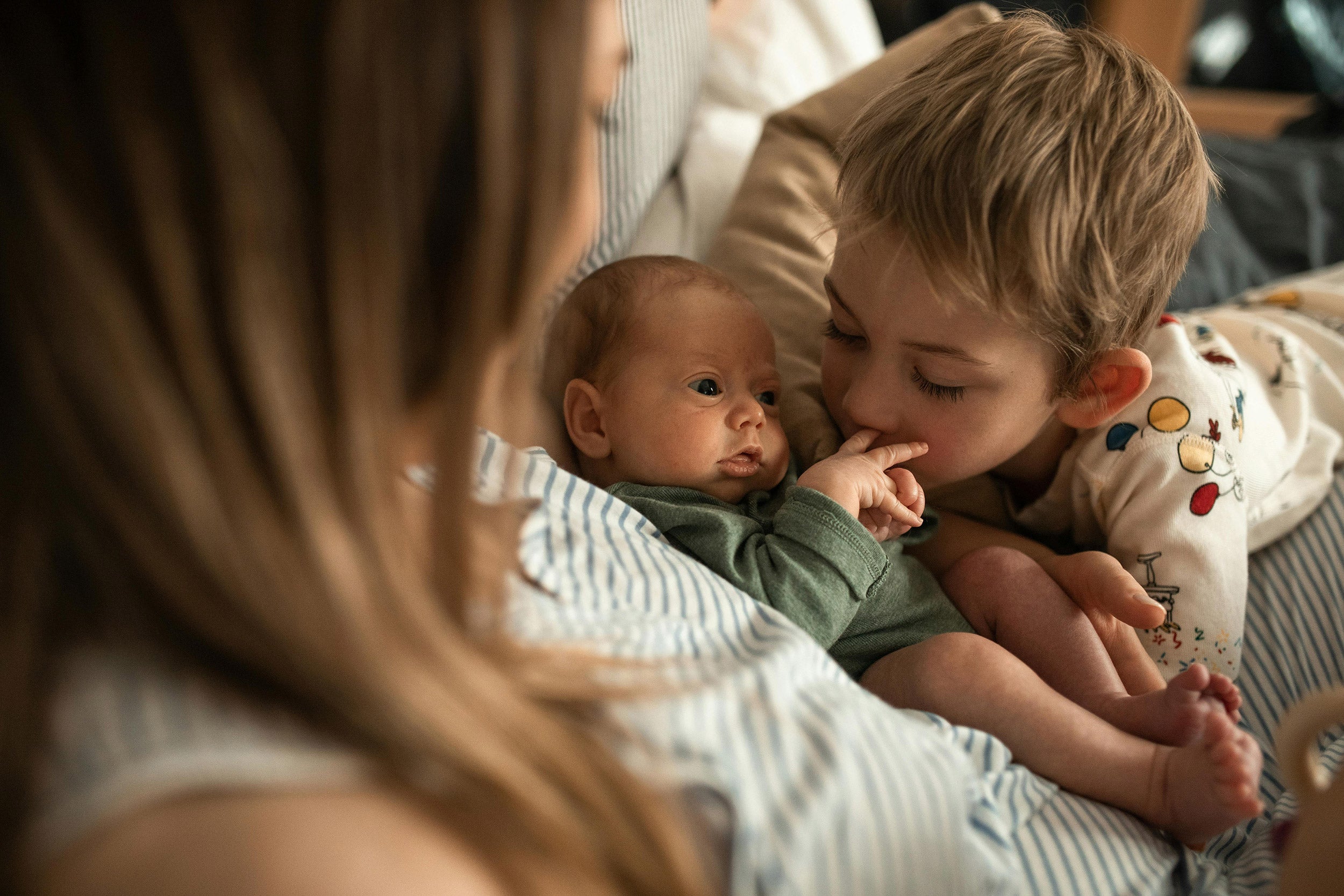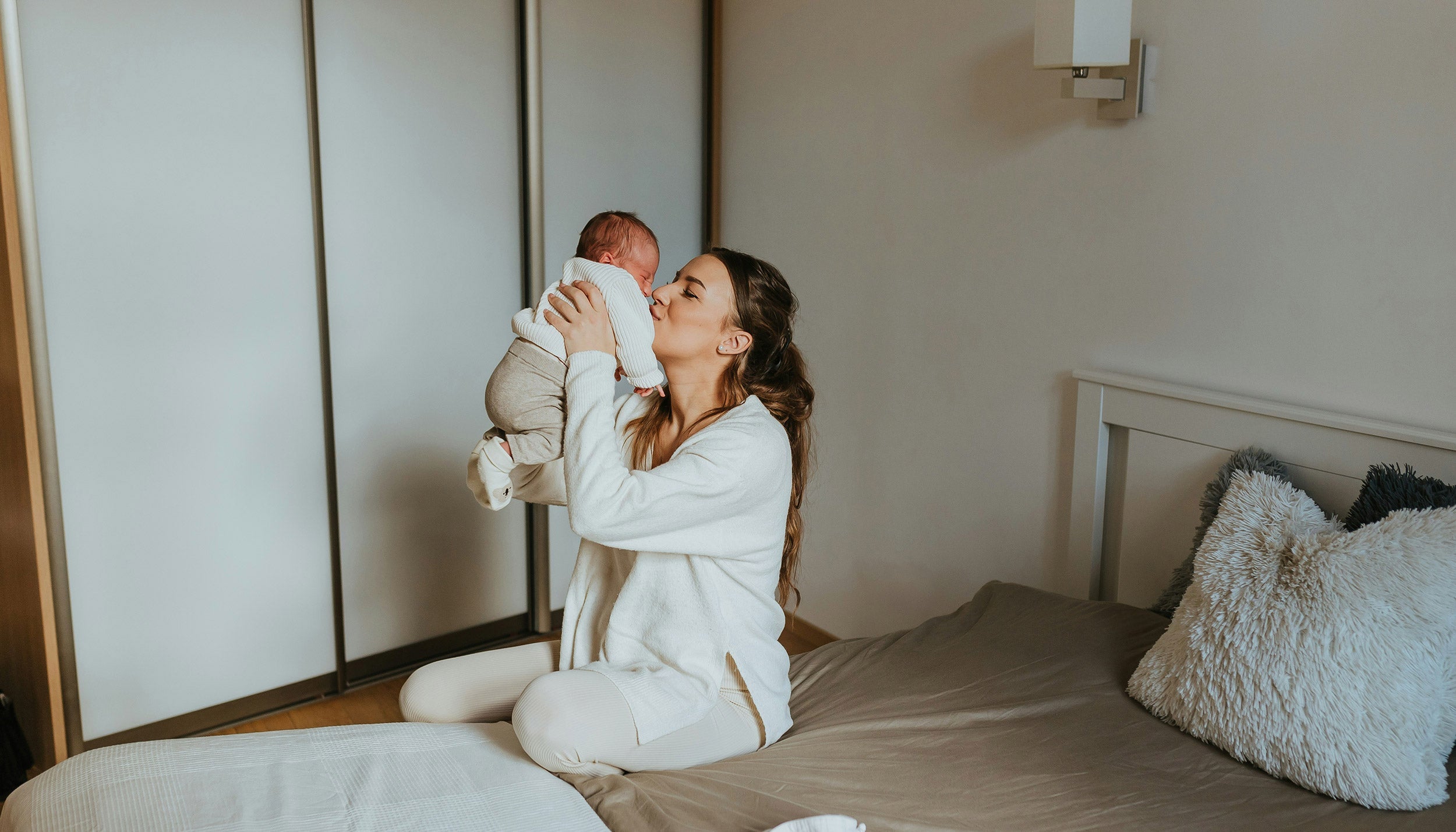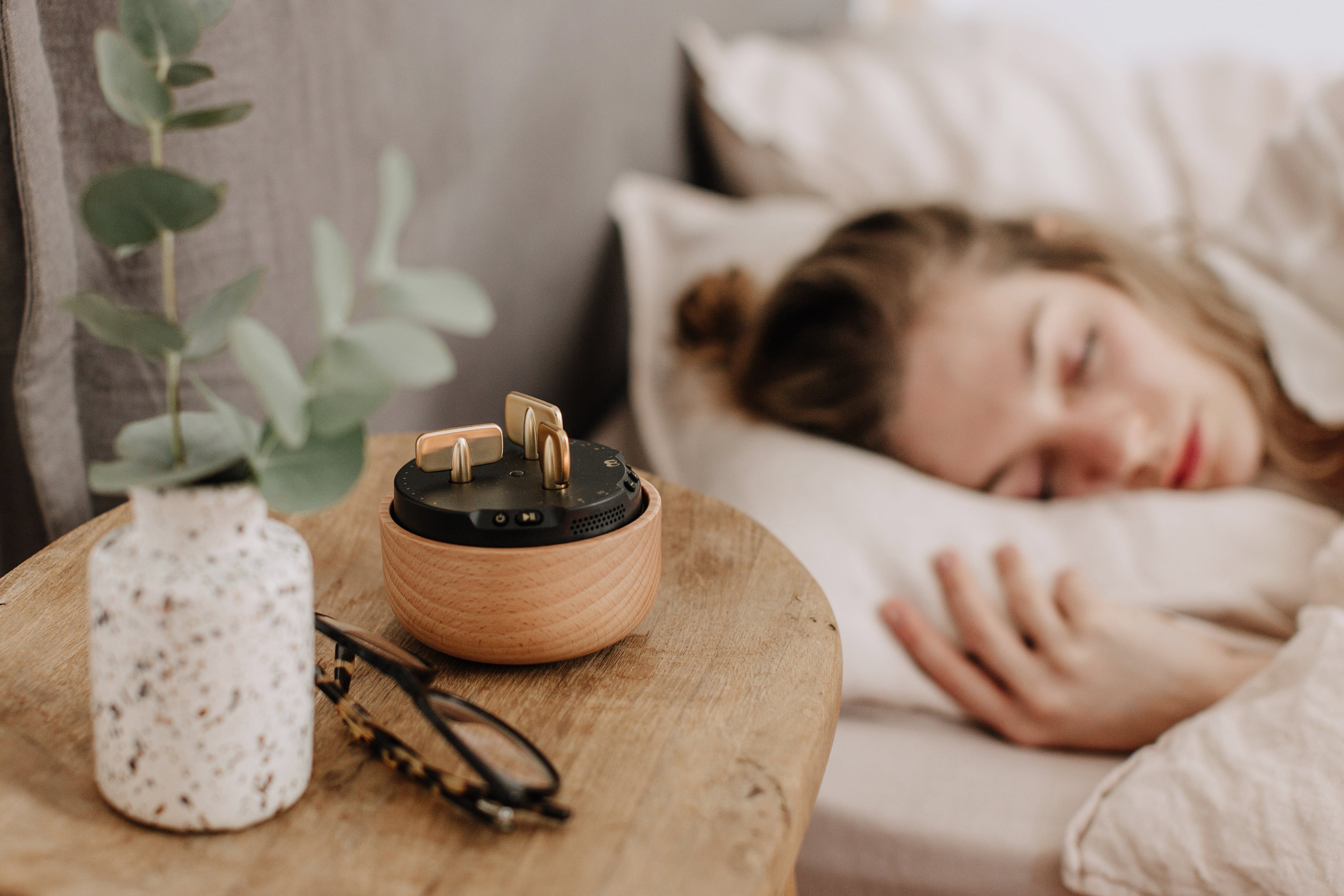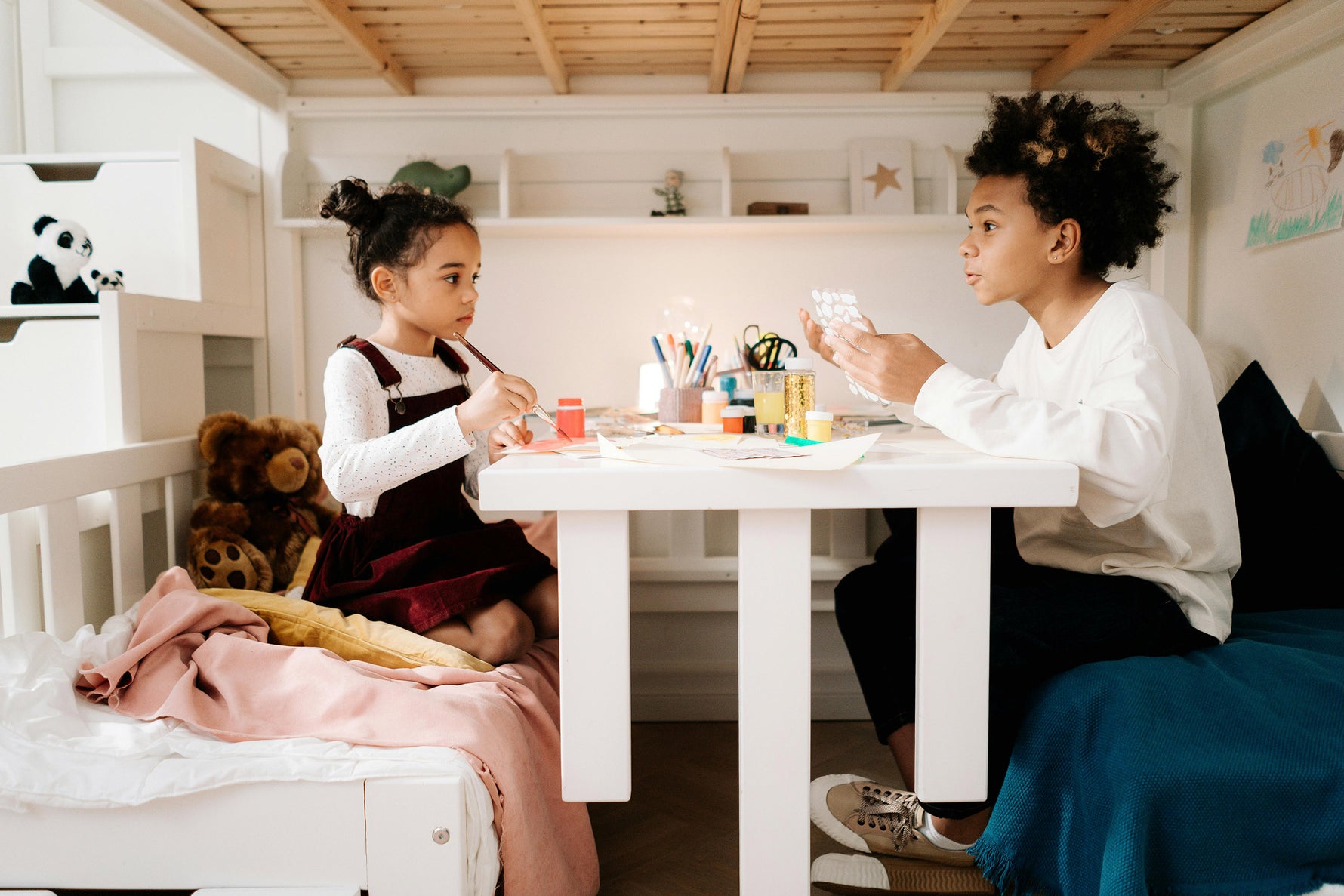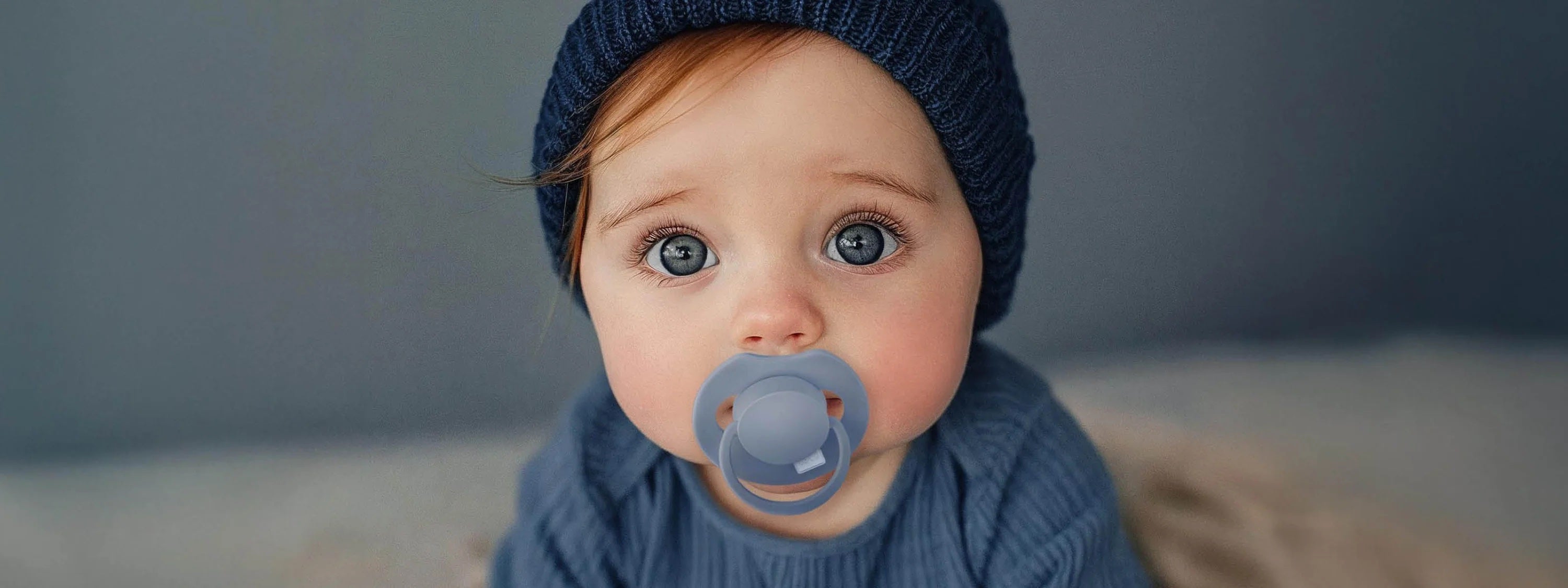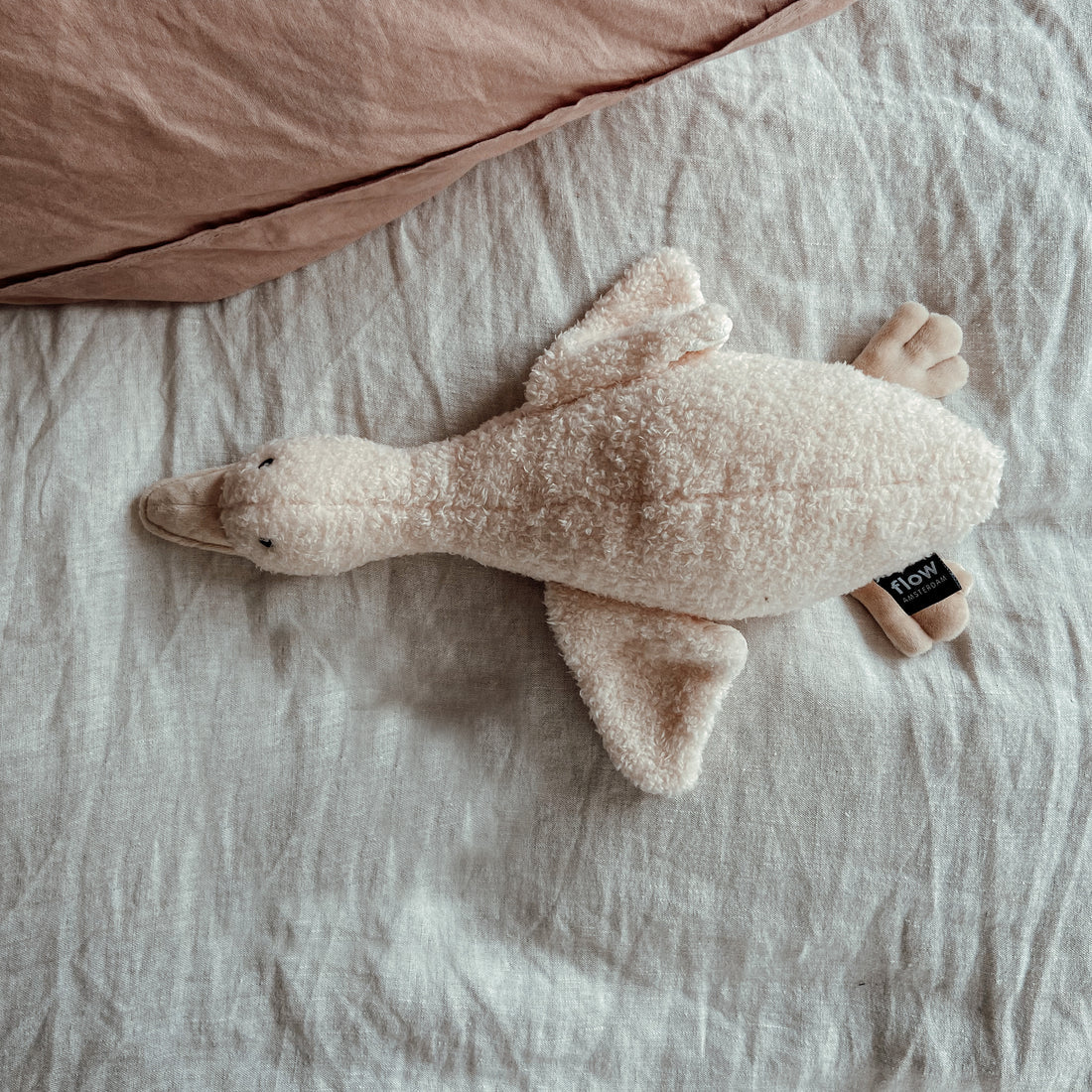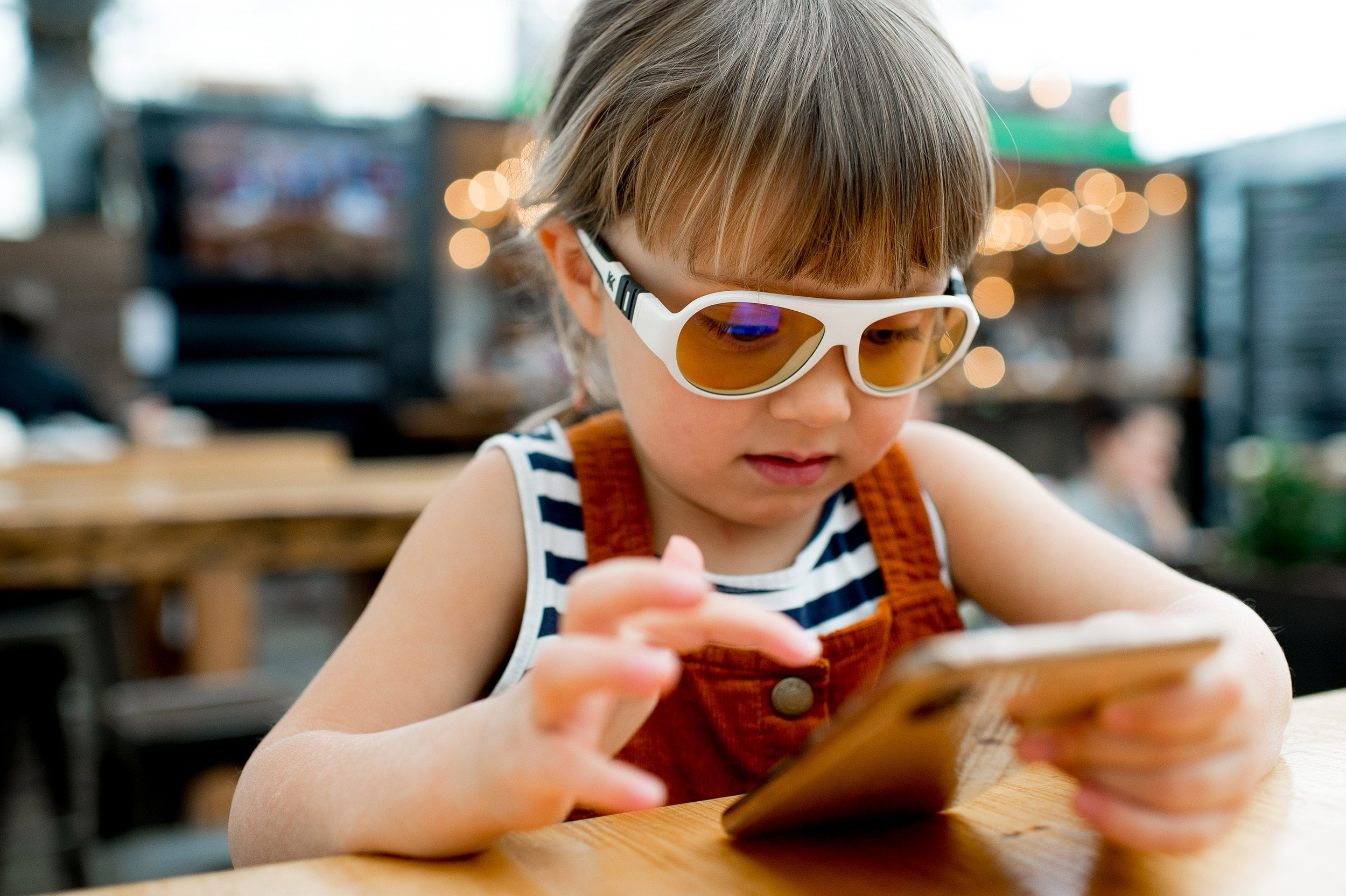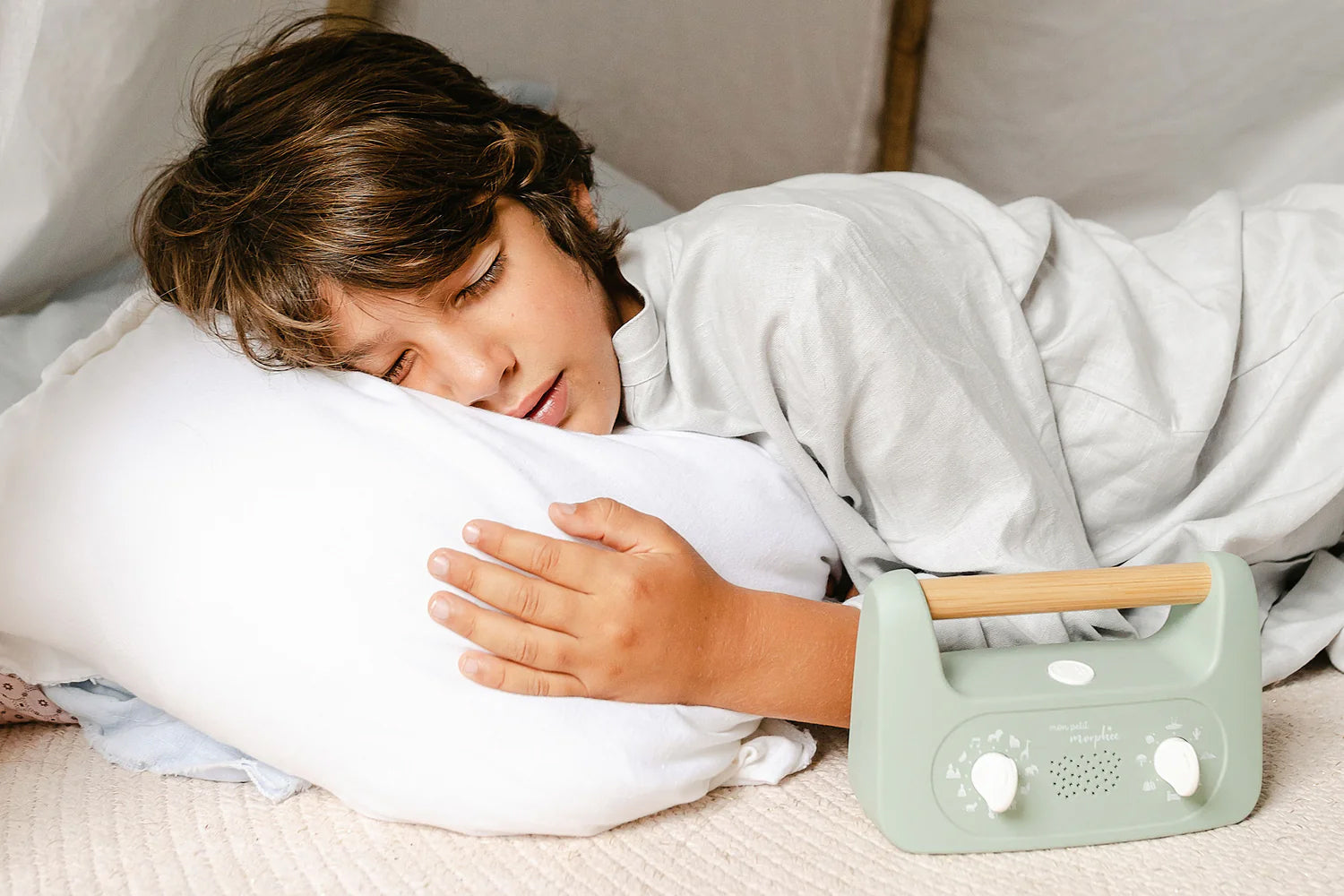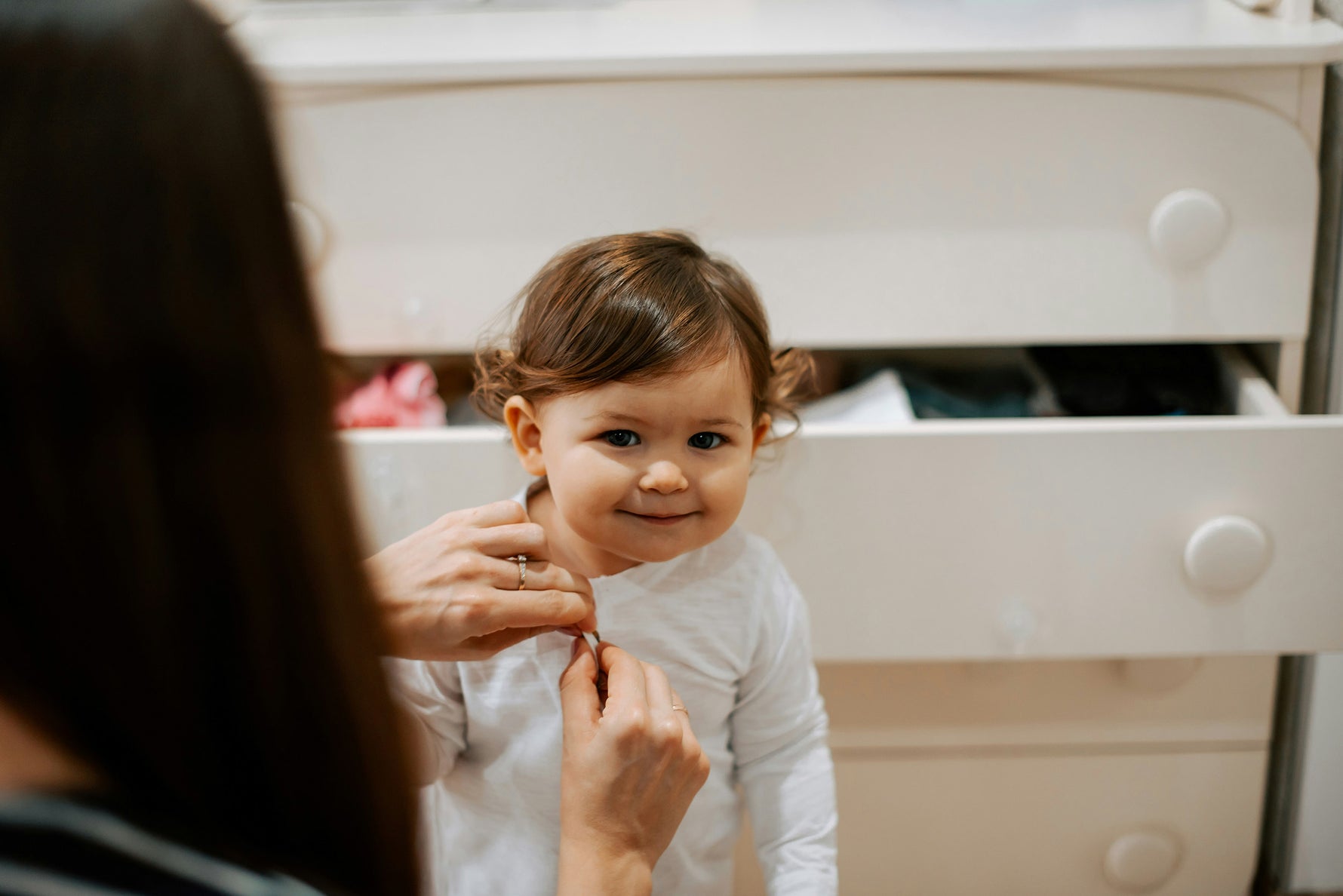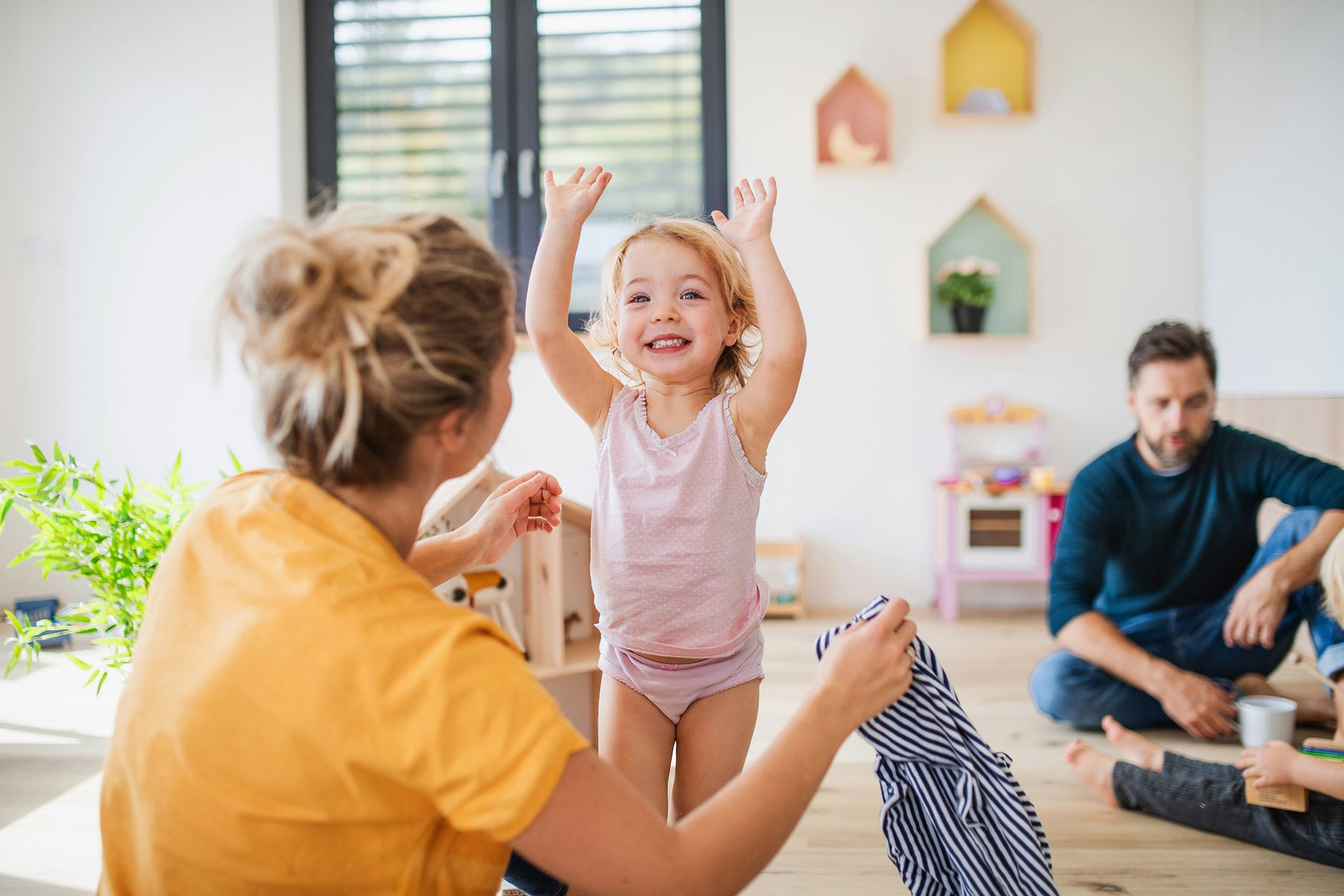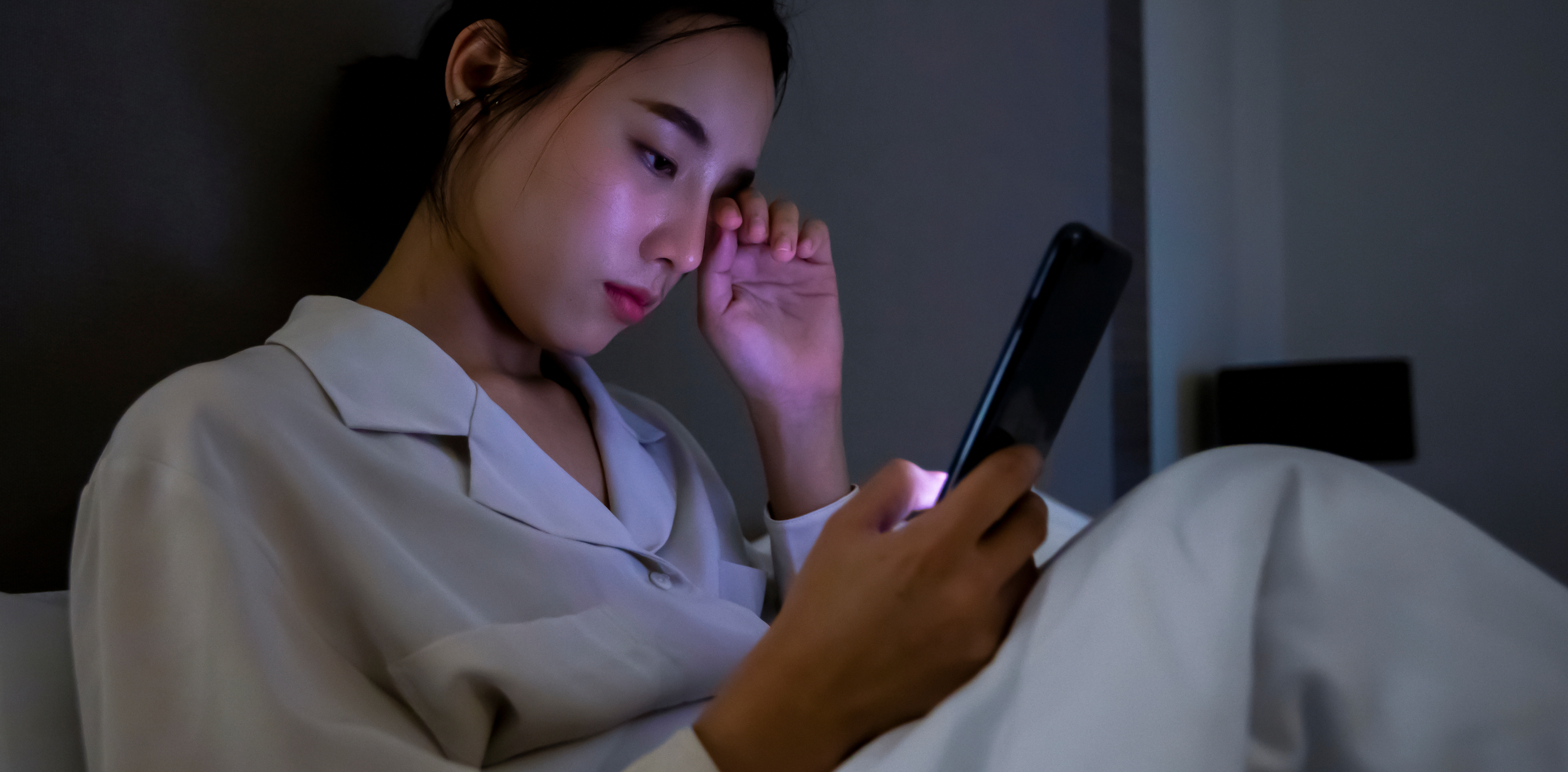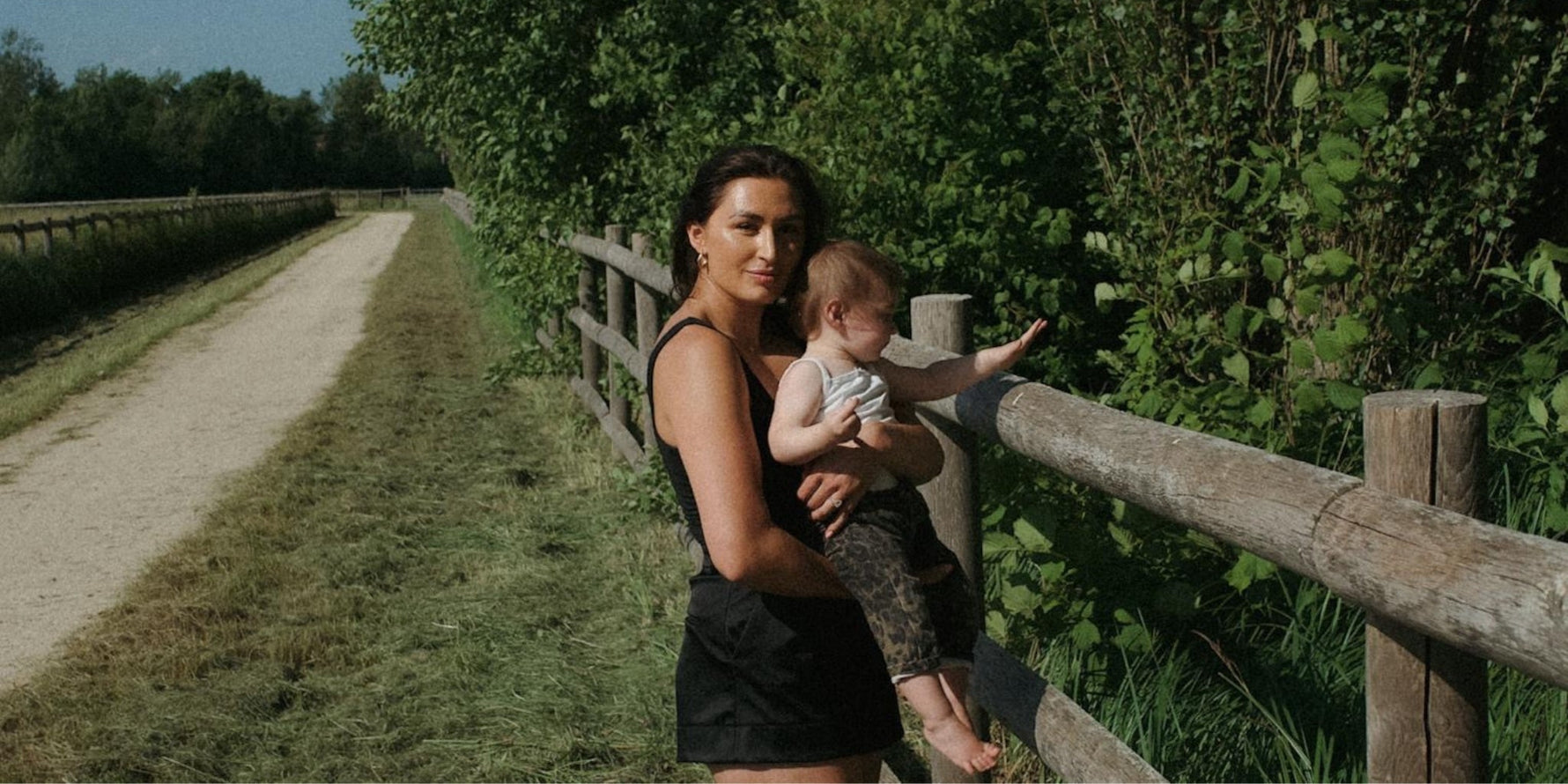It’s been years since I’ve had a truly restful night's sleep. In the early days, it was accredited to constant newborn night wakings, and just when my children start sleeping through the night, a new culprit emerged - hormones.
And living in a digital era doesn't make it any easier. It's almost reflexive to reach for our phones before bedtime, despite being very aware of the harm those blue lights can do to our sleep patterns. And the irony isn't lost on me that our kids, too, are ensnared by the glow of screens.
But to say that blue light is bad is actually an oversimplification and not entirely true. Many of our physiological processes actually depend on blue light in order to function, especially our circadian rhythms. These rhythms are the 24-hour cycles that run our internal clocks and help the body carry out functions and processes that are crucial to our well-being. The most obvious circadian rhythm is the one that makes you feel sleepy at night and alert during the day, and nighttime light exposure can confuse this process, suppressing melatonin production and keeping you up longer. However, it's important to note that not all blue light is harmful. Sources of beneficial blue light during the day include sunlight, daylight bulbs, and certain LED lights, which help regulate our sleep-wake cycle and promote alertness.
What makes the blue light emitted by screen-based devices harmful isn’t necessarily the light they emit. Rather, it’s the misalignment created in our circadian rhythms when we’re exposed to blue light outside of the hours of exposure that have been natural to humans for millennia. Simply put, when the sun goes down, our bodies take the absence of blue light as a signal to launch a multitude of physical processes. Exposure to blue light after sunset, especially at bedtime, disrupts those processes, which can have a number of negative effects on health.
Interestingly, a study out of the University of Colorado Boulder highlighted just how detrimental even minimal light exposure before bed can be, especially for children. It's not just about screen time; any form of light in the room can disrupt our sleep.
Misalignment of human circadian rhythms is believed to play a role in the development of numerous disorders associated with ageing - including depression, diabetes, hypertension, mood disorders, cardiovascular disease and obesity, and may even increase the risk of certain cancers.
But the truth of the matter is, it's not always practical to completely disconnect from our devices before bedtime. Important updates from work or school can't always wait until morning [especially when you’re A-type like me]. However, I've recently made a conscious effort to curb my pre-sleep scrolling habits, and it's really made a difference.
Now I quickly check my messages, set my alarm, and hit the pillow. It's a simple adjustment, but it's had a profound impact on my sleep patterns. Plus, I've introduced The Morphée to my nighttime routine and really helps me unwind after a long day, because my biggest problem was transitioning from a long to-do list racing through my mind, to quietening my thoughts into sleep mode.
There are so many small, practical steps we can take to protect ourselves and our families from the harmful effects of blue light:
-
Turn your phone off way before bed: Read through and respond to your messages a couple of hours before you get into bed, then all that’s left to do before you turn your light out is set your alarm and check for any really important updates. Don’t forget to flip your screen so it’s facing downwards on your nightstand too.
-
Go green: Turning to green-wavelength light, such as the light emitted by the Allay Lamp, can offer a source of illumination for reading and other activities without the damaging effects of blue light.
-
Dim it: Most devices allow you to dim your screen, as do dimmable LED light bulbs. If you can’t avoid blue light at night, simply turning down the light source a bit can still make a big difference.
-
Black out your bedroom: From alarm clocks to air purifiers, you likely have some subtle source of light in your bedroom at night - even if it’s just artificial light from street lamps making its way in through your window. Consider putting a piece of tape over the light on your air purifier, putting blackout curtains in your bedroom, or even wear an eye mask to protect yourself from these light sources that disrupt your sleep.
-
Blue light blocking apps for screens: With the rise of smartphone usage before bedtime, several apps have been developed to address the issue of excessive blue light exposure. These apps adjust the colour temperature of your device's screen, reducing blue light emissions in the evening to promote better sleep.
The point is, we all know that we shouldn’t be exposed to blue lights before bedtime, but it doesn’t seem to stop us from perpetuating the habit. It’s not an easy one to break, especially in its entirety, but by being mindful of our exposure to blue light and taking small steps to protect our sleep, we can make such a difference to our physical and mental wellbeing.
Written by Jacqui Mills.

